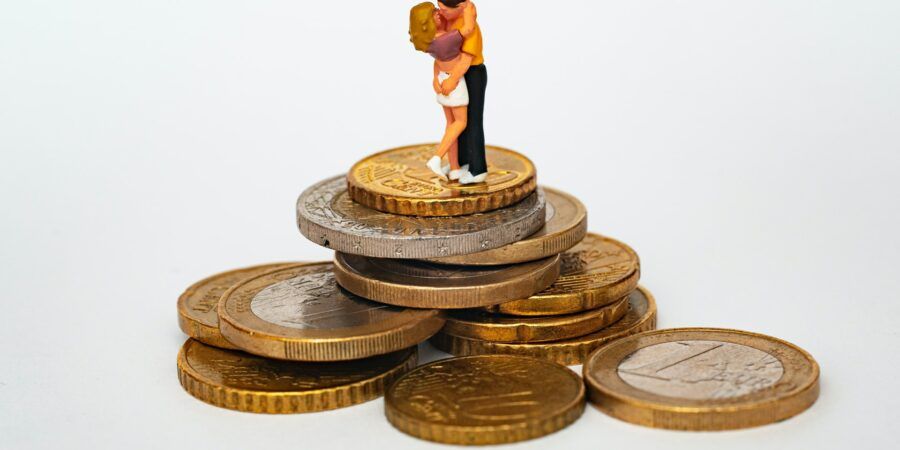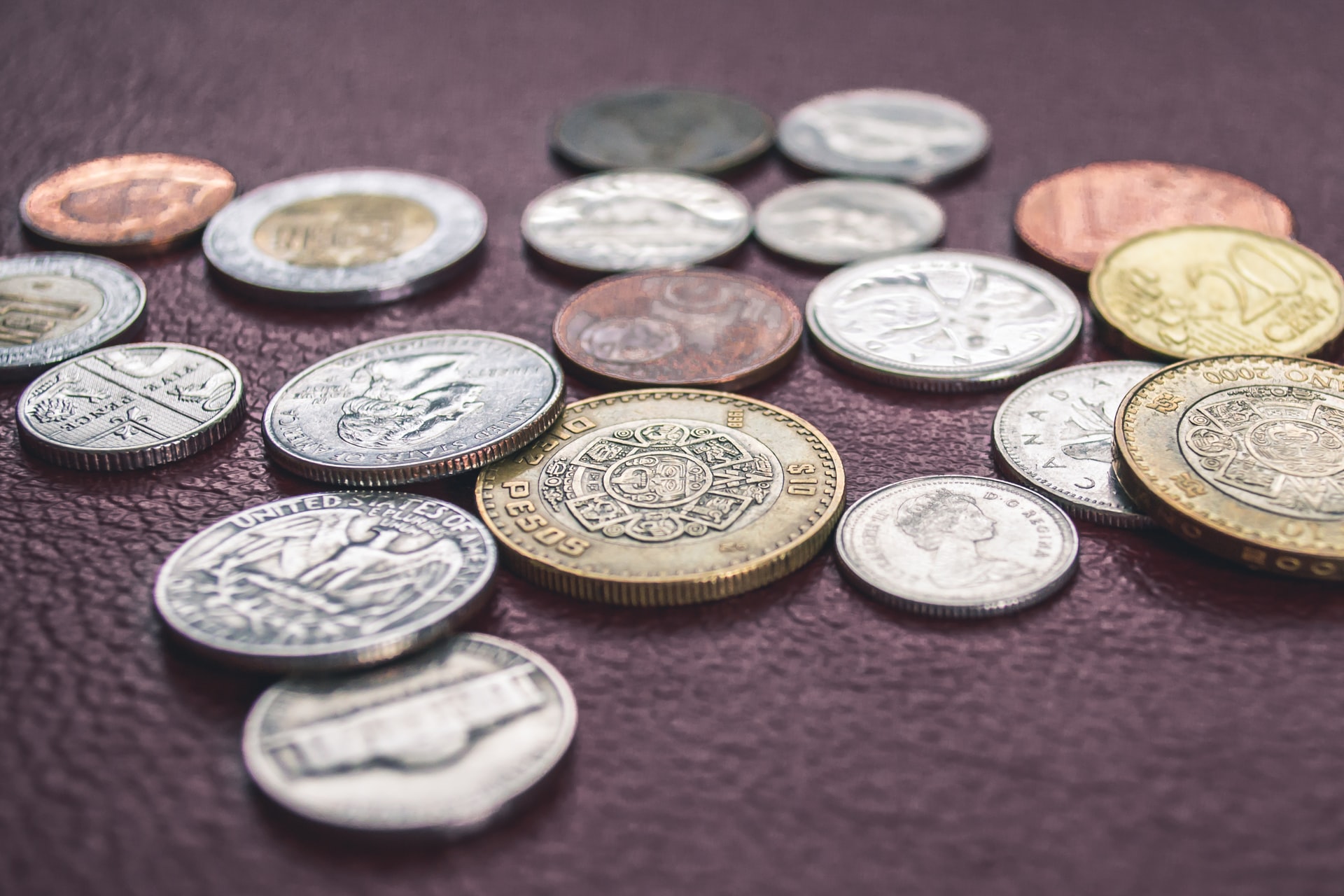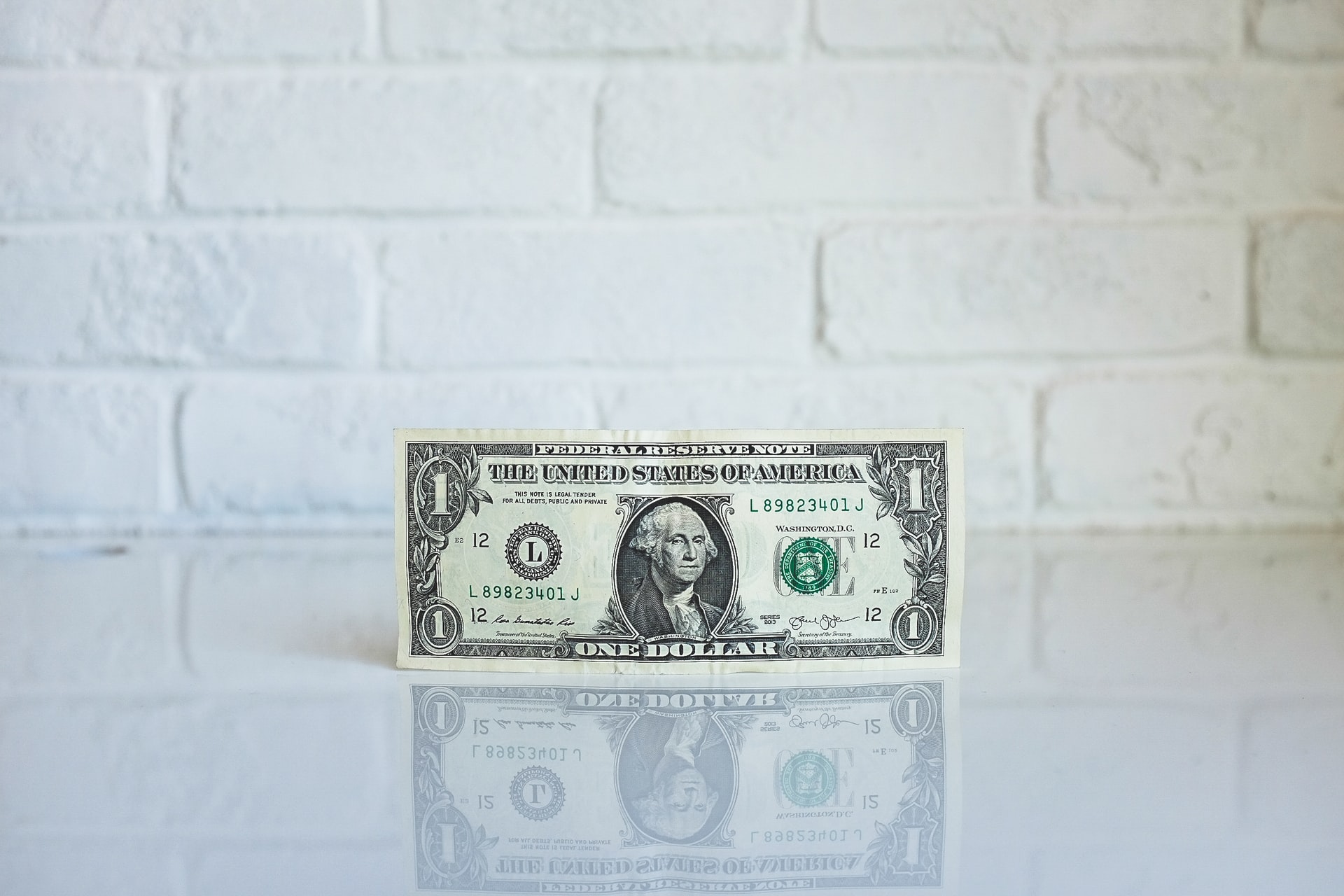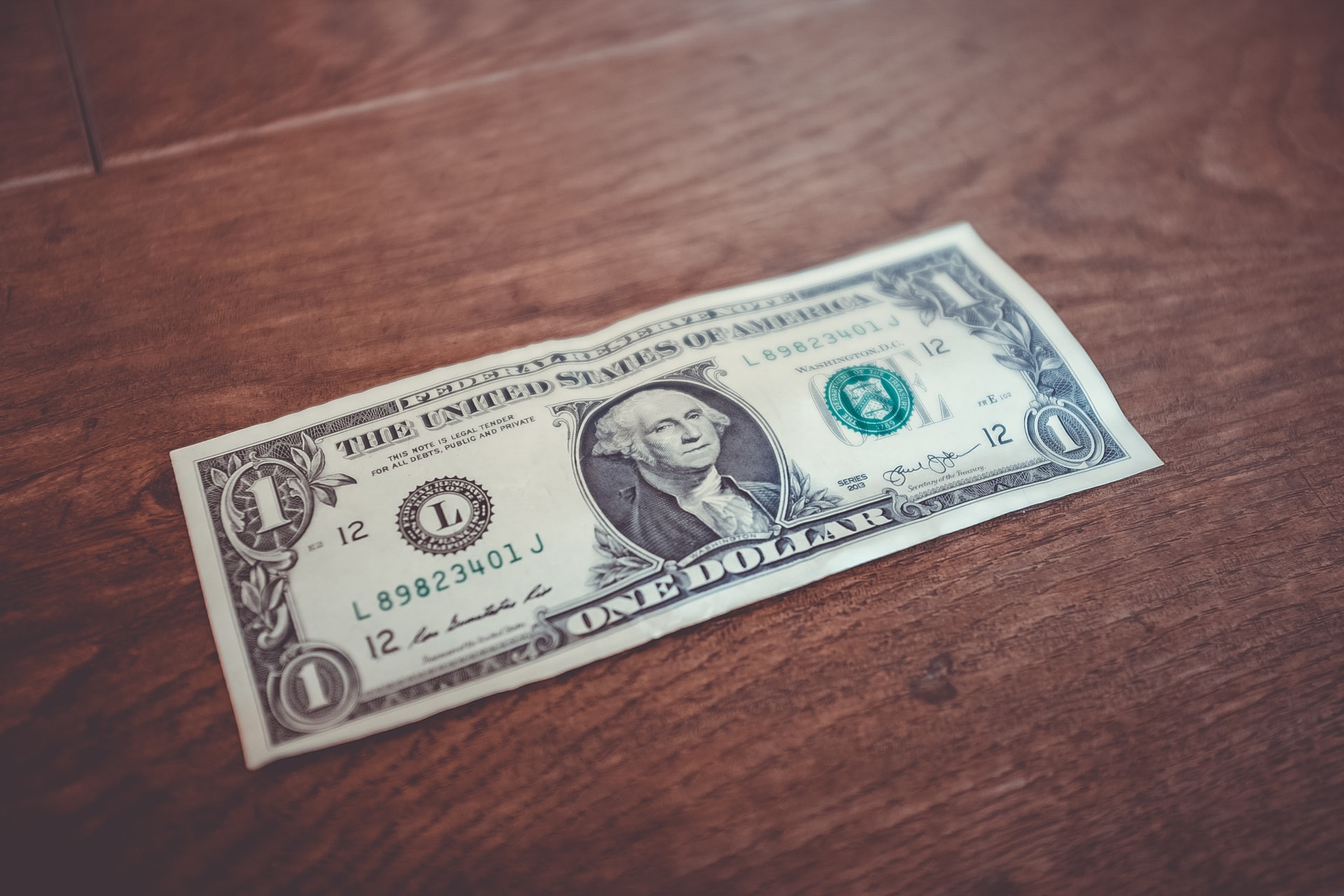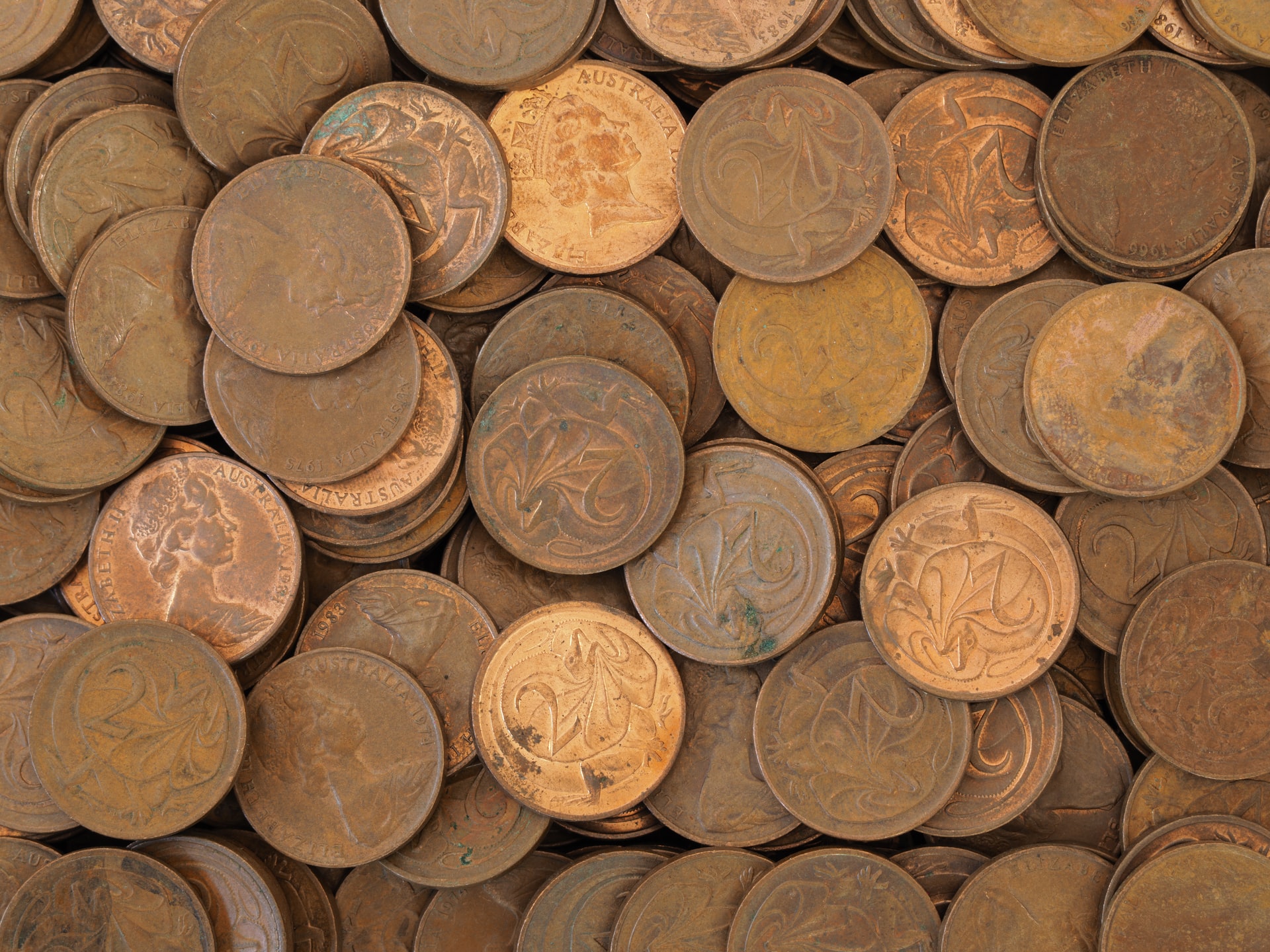Because the Rand is South Africa’s official currency, you must exchange your home African Rand Coins when visiting your home country. You can also exchange your local money for US dollars at one of South Africa’s international airports.
When traveling to South Africa, this will ensure that you are safe. Although some high-end hotels and resorts accept US dollars, the exchange rates are not favorable, so make sure you have enough rands.
Keep in mind, however, that currency rates fluctuate by location, so pricing at most airports and banks will differ.
The Rand Is The Currency Of South Africa:
The diversity and beauty of South Africa, Africa’s southernmost country, astound visitors. There are various sights to see in South Africa. The country’s diverse gastronomic offerings reflect this as well. With its unique culture, South Africa, the world’s 25th largest country, embodies everything.
If you want to have a stress-free vacation in South Africa, make sure you bring adequate local currency with you. Adventure, city life, culture, wildlife, sun-drenched beaches, and beautiful landscape abound in South Africa.
The History Of The South African Currency:
South Africa has a wide range of currencies in circulation due to its reputation as a trading center. When it originally went into circulation in the late 17th century, the Rixdollar was the first South African currency to incorporate paper notes. The country’s initial legal currency was the Guilder. In 1961, when South Africa became a Democratic state, the rand was initiated. As a result of international stress and imposed sanctions on South Africa as a result of the nation’s apartheid government, the South African currency’s valuation decreased from that point on until 1982. Since then, the rand’s value has fluctuated wildly in response to changes in the current economic and political climate.
The South African Rand, which allowed for a decimal system, replaced the pound in 1961. 1GBP could be purchased for 2 ZAR at the time. Only later, in 1921, was the Reserve Bank of South Africa established as the country’s central bank. It was also during this time when the country was occupied by the British. In 1826, the Sterling currency was introduced into circulation in the United Kingdom.
This was in addition to other currencies such as the franc français, the US dollar, the euro, and the rupee of India.
The South African Money Is Described As Follows:
The Rand is the currency of South Africa. In 1961, it supplanted the South African pound.
One rand is made up of 100 cents. Coins in the denominations of 1, 2, 5, 10, 20, and 50 cents, as well as 1, 2, 5, 10, 20, and 50 Rands, are currently available. Banknotes for 10, 20, 50, 100, 200, and 1,000 ZAR are also in circulation. The South African rand is represented with a capital R, which stands for 100 Rands.
The South African Reserve Bank issues the South African Rand. The majority of South Africa’s gold riches were discovered here, and it is currently where Johannesburg is located.
The South African currency is named after the Witwatersrand, a major ridge in the country. Understanding the Rand in South Africa. At a rate of 2 rands to 1 pound, the rand replaced the South African pound.
The South African rand (ZAR) was originally launched in February 1961, shortly before the establishment of the Republic of South Africa. The rand was worth roughly R1.5 per US dollar until the early 1970s.
To put it another way, it costs more rand to convert one rand to one US dollar. The rand exchange rate, on the other hand, has depreciated or weakened over the decades. For example, in 1990, it cost about R2.55 to convert one USD, but by 1999, the exchange rate had risen to R6.14 per USD.
The South African Rand’s approximate exchange rates to the world’s major currencies are listed below:
- R 14.98 for 1 USD,
- EUR R 16.59 for 1
- R 19.71 for 1 GBP.
Digital Transactions In South Africa:
Customers prefer cashless transactions, which are respected by many South African luxury restaurants and hotels. Smaller shops and restaurants, on the other hand, only accept cash and coins in the South African rand.
Digital payments, as well as major debit and credit cards such as MasterCard, Visa, American Express, and Maestro, are accepted at upmarket restaurants in South Africa. In addition to the digital cards, it’s a good idea to have some South African cash on hand.
It is vital to remember to have your bank charge you in the local currency when performing any digital transaction in South Africa. Also, notify your credit card company if your card was used in a foreign country.
Even if you have to do the conversion math yourself, you will save a lot of money. Inquire about the exchange rate and fees associated with using your credit card in a foreign country with the credit card company.
The Best Venue To Exchange Money In South Africa Is:
Converting money in South Africa is straightforward and follows the same guidelines as in most other countries. Banks, airports, hotels, and money exchange kiosks are all good places to get local South African cash.
Look for the best South African currency exchange rate by shopping around. On the streets of South Africa, you will also come across people who will call out the name of the South African currency and offer to convert your money into the local currency at a much lower rate.
The risk of being cheated when using this method of money exchange is very significant. If this appeals to you, keep in mind that it is illegal. Make sure you only exchange money from a reputable source in South Africa. Another option is to withdraw money from a South African bank’s ATM. This may help you get a better ZAR rate, but check your bank’s currency conversion fees first.
Despite the fact that most banks will offer a lower conversion rate, there will still be a charge.
Check the currency rates online beforehand to obtain a solid idea of the current conversion rate. This shows how much your currency is worth and how much money you’re making through the currency exchange business.
